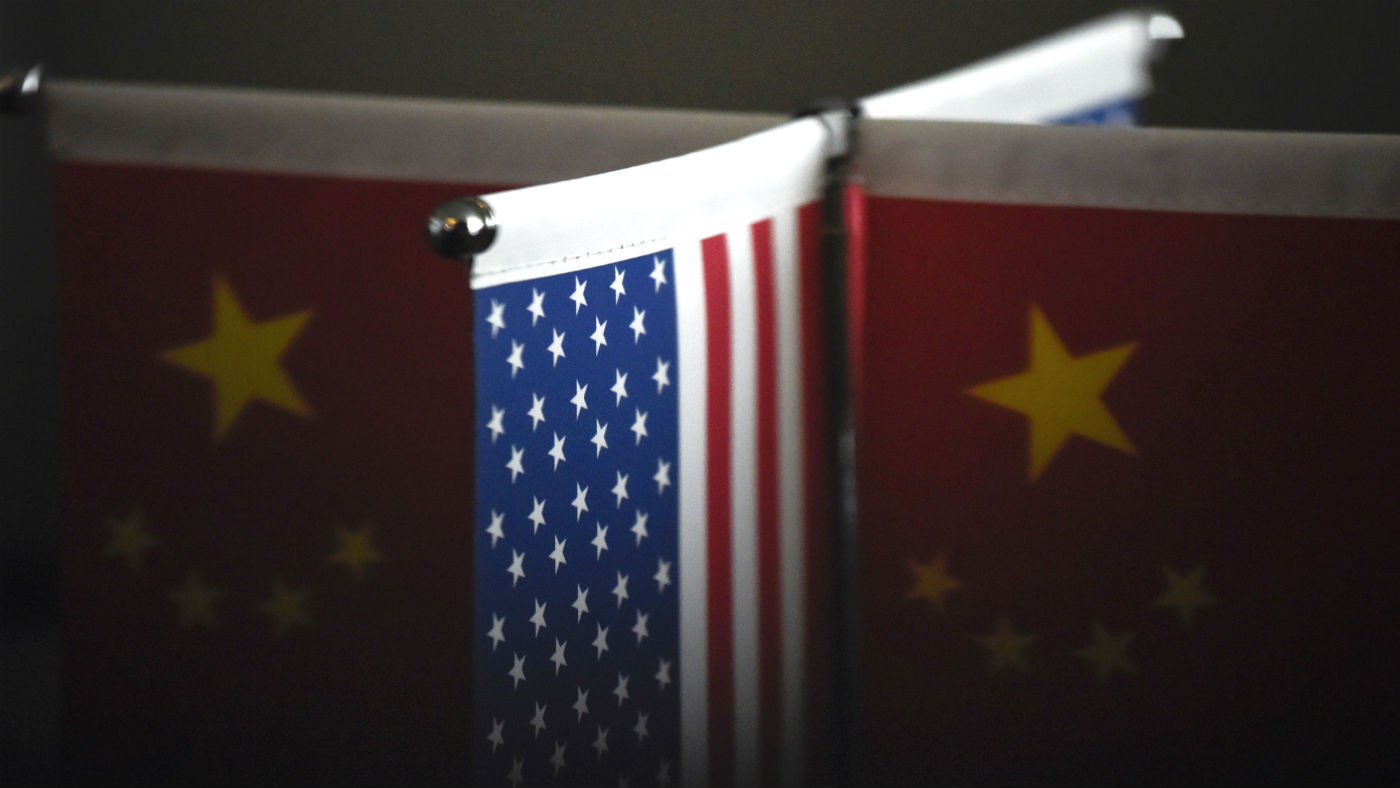China-US trade talks go down to the wire
World’s biggest economies go to the brink over last-minute concessions to delay tariff hike

A free daily email with the biggest news stories of the day – and the best features from TheWeek.com
You are now subscribed
Your newsletter sign-up was successful
The US has imposed crippling new tariffs on Chinese imports, as a game of brinkmanship between the world’s two largest economies comes down to the wire.
Hopes had been high a tentative agreement could be reached this week, with a 100-strong Chinese delegation due in Washington on Wednesday to hammer out a deal aimed at ending the 14-month long stand-off.
This was spectacularly torpedoed by US President Donald Trump over the weekend. Appearing to take the Chinese completely by surprise, he took to Twitter to accuse Beijing of backtracking on commitments and warned the US would raise tariffs on $200bn worth of Chinese goods this Friday.
The Week
Escape your echo chamber. Get the facts behind the news, plus analysis from multiple perspectives.

Sign up for The Week's Free Newsletters
From our morning news briefing to a weekly Good News Newsletter, get the best of The Week delivered directly to your inbox.
From our morning news briefing to a weekly Good News Newsletter, get the best of The Week delivered directly to your inbox.
“Markets have been rattled this week by the sudden escalation in trade tensions with the stocks rout intensifying just hours before the tariffs deadline,” reports the Daily Telegraph.
As negotiators scrambled to resurrect the deal, “revelations are emerging that indicate both sides appeared to think they had the other over a barrel”, says CNN.
“As a result, they pushed for more, setting the stage for a rapid escalation in tensions which undid session after session of hard-fought negotiations,” says the news network.
Sources told Reuters that last week China returned a draft agreement with changes that undermined its pledges to address US demands such on issues as intellectual property rights and currency manipulation.
A free daily email with the biggest news stories of the day – and the best features from TheWeek.com
In response, Trump accused China's leaders of breaking the agreed terms of the deal. Speaking at a rally in Florida the president suggested the US would be fine if there was no deal and the trade war with China were to continue.
“If we don't make the deal, nothing wrong with taking in over $100 billion a year, $100 billion, we never did that before,” he said.
CNBC says “Trump has made that argument before, but many economists warn it misses the full picture: Although government coffers may see some benefit from tariffs, they argue the effects of such taxes are likely to hurt the American economy overall”.
“Evidence is accumulating that the tariffs which now affect more than 50% of bilateral trade between the US and China are curbing global commerce,” says the Financial Times, “driving up prices for American consumers and holding back business investment as companies seek to restructure their supply chains”.
Yet despite repeated warnings from economists, without a last-minute reprieve duty rates on a vast array of Chinese-made electrical equipment, machinery, car parts and furniture jumped to 25% at midnight.
This morning, the Chinese commerce ministry vowed to retaliate to the US tariff hike. “The escalation of trade friction is not in the interests of the people of the two countries and the people of the world,” the ministry said. “The Chinese side deeply regrets that if the US tariff measures are implemented, China will have to take necessary countermeasures.”